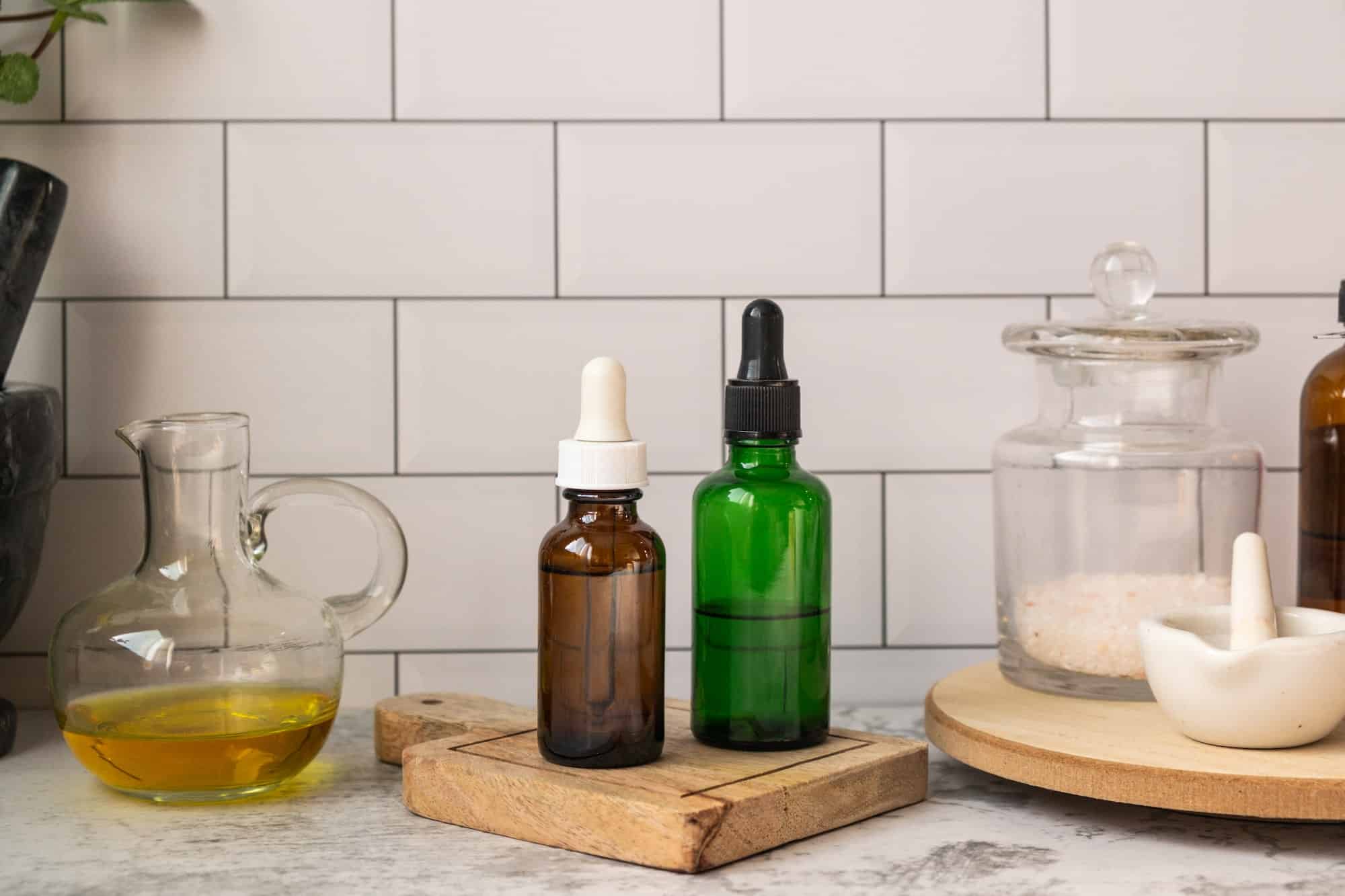Does the Use of Aromatherapy Enhance Sleep Quality in People with Sleep Apnea?

Sleep is essential for maintaining physical and mental health. However, for those suffering from sleep apnea, a good night’s rest can be elusive. Recently, the use of aromatherapy, specifically essential oils, has been touted as a potential intervention to improve sleep quality. In this article, we’ll explore the available scholarly research on this topic, notably via PubMed and Google Scholar, with a focus on the effects of lavender essential oil on sleep apnea patients.
Understanding Sleep Apnea
Sleep apnea is a sleep disorder characterized by pauses in breathing or periods of shallow breathing during sleep. These interruptions can lead to poor sleep quality and excessive daytime sleepiness. The condition affects people of all ages but is more common in older adults and those with obesity. Patients suffering from sleep apnea often report decreased quality of life, due to chronic fatigue and the potential for serious complications such as heart disease.
Dans le meme genre : Is There a Benefit to Customized 3D-Printed Orthotics Over Traditional Insoles for Foot Pain?
Aromatherapy: A Scented Intervention
Aromatherapy utilizes essential oils extracted from plants to promote health and well-being. The practice has been used for centuries across cultures and is known to have a variety of therapeutic effects, such as relieving stress, boosting mood, and promoting relaxation. In recent years, some researchers have turned their attention to whether aromatherapy could be used as an intervention to improve sleep quality, notably in patients with sleep disorders.
Lavender Oil: The Sleep Enhancer?
Of the various essential oils used in aromatherapy, lavender is one of the most studied ones, especially in relation to sleep. Lavender oil is known for its calming and soothing effects, and numerous studies have demonstrated its positive effects on sleep quality.
A découvrir également : Does the Practice of Tai Chi Help in Reducing the Symptoms of Peripheral Neuropathy?
A search on Google Scholar and PubMed reveals several studies that attest to lavender’s sleep-enhancing properties. For example, a study published in the Journal of Alternative and Complementary Medicine found that lavender inhalation improved sleep quality in 15 healthy students.
Another study published in the Journal of Clinical Psychology demonstrated that lavender scent had a positive effect on sleep quality in patients with insomnia. However, these studies did not specifically focus on sleep apnea patients.
Lavender Oil and Sleep Apnea: The Scholar Perspective
When we specifically search for studies on the effects of lavender oil on sleep apnea patients, the results are less abundant. A PubMed search reveals a single study that examined the effects of lavender aromatherapy on sleep apnea patients.
Published in the Journal of Physiotherapy and Physical Rehabilitation, the study concluded that lavender aromatherapy could reduce the severity of sleep apnea symptoms. However, the study was small, involving only 30 patients, and the authors noted that more research was needed.
A Google Scholar search also yielded a single relevant study, published in the Journal of Alternative and Complementary Medicine. The study found that lavender aromatherapy improved the quality of sleep in patients with mild to moderate sleep apnea. However, it did not significantly affect patients with severe sleep apnea.
The Need for More Research
While these studies suggest that lavender aromatherapy could potentially improve sleep quality in sleep apnea patients, it is important to note that the evidence is far from conclusive. The small sample sizes and the limited number of studies highlight the need for more robust research in this area.
Moreover, even if lavender aromatherapy is found to improve sleep quality in sleep apnea patients, it should not be viewed as a standalone treatment for sleep apnea. Rather, it could be utilized as part of an integrative approach, in conjunction with established treatments such as continuous positive airway pressure (CPAP) therapy and lifestyle modifications.
To obtain reliable, evidence-based information about the potential therapeutic uses of lavender oil or any other essential oil, it is always advisable to consult with a healthcare professional. While aromatherapy can offer many benefits, it’s important to remember that essential oils are potent substances that should be used responsibly.
This is just a glimpse into the intriguing field of aromatherapy research, particularly in relation to sleep disorders. The potential of essential oils to enhance sleep quality is a burgeoning area of study, and it will be interesting to see what future research reveals.
Considering Other Essential Oils for Sleep Apnea
While lavender has garnered much attention due to its calming properties, it’s not the only essential oil that has been studied in the context of sleep disturbances. Other essential oils like chamomile, clary sage, and marjoram have also shown potential to enhance sleep quality.
A study discovered on Google Scholar examined the impact of inhalation aromatherapy with chamomile essential oil on sleep quality in elderly people. The results indicated a significant improvement in sleep quality, suggesting that chamomile might also be useful for individuals with sleep disorders like sleep apnea.
Similarly, clary sage oil is often used in aromatherapy for its calming and sedating properties. An article on PubMed discusses a study where clary sage oil improved sleep quality in women experiencing menopausal symptoms, including sleep disturbances.
Although the research on these other essential oils is not as plentiful as it is for lavender, there’s a growing interest in the scientific community to explore their potential. However, studies focusing specifically on sleep apnea patients are still scarce. Therefore, it’s crucial to continue the research in this area, with larger sample sizes and longer intervention periods.
In Conclusion: Aromatherapy and Sleep Apnea
While preliminary research suggests that aromatherapy, particularly with lavender essential oil, could potentially enhance sleep quality in people with sleep apnea, the current evidence is not robust enough to draw definitive conclusions. The small sample sizes and limited number of studies involving sleep apnea patients indicate a need for more rigorous research.
It’s also important to highlight that aromatherapy should not be used as a standalone treatment for sleep apnea but could be considered as part of a comprehensive approach, alongside established treatments like CPAP therapy and lifestyle modifications.
Consulting with a healthcare professional is essential before starting any new treatment, including aromatherapy. While essential oils can offer many benefits, they are potent substances that need to be used responsibly and under the guidance of a healthcare provider.
Lastly, while lavender has been the main focus of most research, other essential oils like chamomile, clary sage, and marjoram hold promise too. More research is needed to explore the potential of these and other essential oils in improving sleep quality, especially in individuals suffering from sleep disorders like sleep apnea.
In this intriguing journey of exploring the potential of aromatherapy to enhance sleep quality for sleep apnea patients, there’s an exciting landscape of untapped opportunities for future research. It’s a promising field that could potentially revolutionize sleep apnea management by providing an additional tool to help improve the quality sleep and, consequently, the quality of life for millions of people around the world.
